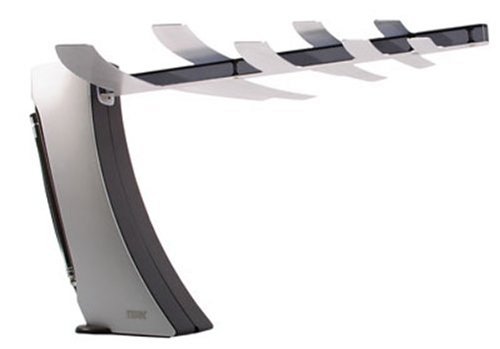Have you heard of Economy Plus? It's the new crime being committed by airlines and the origin of today's ridiculous story. I wasn’t really upset when airlines stopped serving—and then started charging for—food. I also wasn’t even that upset when they started charging for soft drinks (which no longer applies on most airlines). I was, however, quite irked when they started charging for checked bags, especially since it makes MORE sense (from the airline’s perspective) to charge for carry-on bags: carry-on bags, unlike checked bags, increase lines in airport security, are a greater security threat, and significantly slow down boarding and deplaning. But this United Economy Plus nonsense is the most frustrating.
I purchased a ticket for about $400, roundtrip to Denver, Colorado. When I went to check-in 24 hours prior, I was asked if I wanted to pick a seat. “Of course,” I thought. Seeing that the front half of the plane was almost completely available, I selected my seats, clicked “Next,” and then was told the charge would be $65! Apparently, the new way United has decided to make a buck is by charging people for Economy Plus, which allows passengers to:
- Select their seats
- Have 5 extra inches of legroom
- Board "early"
- And pay a hefty $65!
There being no way I was going to do this, I cancelled and continued the check-in process without selecting seats. When it came time to print the boarding passes, I discovered that instead of getting a normal boarding pass, I got something called a “Departure Management Card”—the same thing you get when a flight is overbooked and you have to fly standby. “But half the plane is empty!” I screamed. I realized I basically paid the $400 to have the option to buy a seat for $65. This is just plain criminal!
I made sure I arrived to the airport early so I could secure a seat, and went up to the ticketing agent. I showed her my Departure Management Card, and she said that I had to proceed to the gate. Here’s our dialogue—this is verbatim:
“Why don’t I have a boarding pass?” I asked.
“Because NO airline guarantees seats,” she snapped.
“But what did I pay $400 for then?” I asked, clearly confused.
“For a space on the plane,” she answered, even more frustrated. “Space, but not a seat.”
“So I will definitely be able to get on the plane?” I wanted to confirm this.
“Yes. NO airline guarantees seats, so please stop questioning our policies.”
She then looked down at my bag. “You’re going to have to check that bag … please bring it over here” as she motions to the scale.
“No I don’t,” I reply. “It’s a normal carry-on size bag.”
“No, it’s too big. If you don’t check it, you’ll go through security, get to the gate, and then they’ll tell you that you have to check it. Then you have to come all the way back here and you’ll miss your flight.”
“OK, I’ll take my chances,” I respond, well knowing that this is the same carry-on bag I’ve been using for 6 years.
“You’ve been WARNED!” she screams. I just laugh out loud and walk toward security.
 |
| This is a picture of my bag, taken with my Blackberry. Seems like a fairly nondescript carry-on bag to me. |
Thankfully the security line wasn’t that long, so it was only about 5 minutes before I was up to the TSA agent. There were just a couple people in front of me, and a lady in plain clothes approaches me and asks to see my boarding pass. I looked at her and asked, “Who are you?” She said, “Never mind that, tell me your name and let me see your boarding pass.”
At this point, I’m up to the TSA agent and I ask him who this lady is and whether or not I need to show her my boarding pass. He responded that I better do as the lady asks, “or else.” Now noticing the sloppily-placed United nametag on this lady, I hand her my boarding pass. She looks at it and says, “Sir, you’re going to need to check that bag.” At this point VERY frustrated, I ask, “What the hell is this about?!”
She responds, telling me that the bag is too big to be carried on and that I need to check it. She also tells me that she received a call because I cussed out the ticketing agent. I did no such thing! That spiteful lady didn’t like having her authority questioned, so she had the audacity to lie and hold me up in security.
This United lady and I went back and forth for 10 minutes, and eventually she let me go, but also saying that the gate agent was going to require me to check my bag and that I’d miss my flight. This was nothing short of harassment. Was I being discriminated against because I was white? Male? I do have a Hebrew last name, so was this anti-Semitism???
I go through security just fine (the bag has NO problem going through the x-ray machine) and proceed to the gate. There I find a friend of mine who says, “Hey! They’ve been calling your name on the PA system for 10 minutes!”
to be continued…
.




















